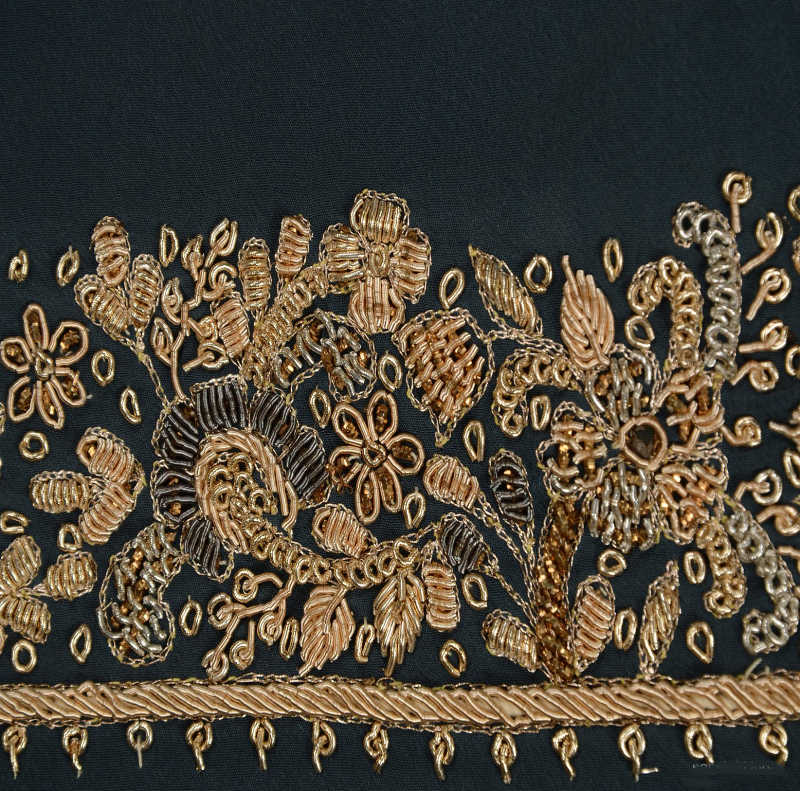===
0107,
3
===

=== |
 |
sarsarī : 'Easy, facile, careless, without attention or consideration, without due consideration; summary; cursory; hasty, hurried; trivial, trifling; —easily; cursorily; hastily, in haste; gratuitously, for nothing'. (Platts p.654).
varnah : '(contrac. of va agar nah ), conj. And if not, otherwise, or else'. (Platts p.1189)
FWP:
SETS == REPETITION; VARNAH
MOTIFS
NAMES
TERMS == THEMESRF explicates the didactic sense of the verse, and it's a clear and powerful one. But isn't there a romantic possibility as well? The lover reproaches the beloved for dying-- for so casually, carelessly, inexcusably 'passing from the world'. For 'otherwise'-- when the beloved was alive (or if the beloved had been alive), then everything was transformed (or everything would have been transformed).
In the first line, sarsarī is excellently positioned. It can be either an adverb ('carelessly') or an adjective (perhaps a rebuke-- 'careless one!'). And in addition, just consider its range of meanings (see the definition above)-- from the casual and playful ('easy, facile'), through the neutral ('hasty, hurried'), to the reproachful and morally culpable ('without attention, without due consideration').
Are we also meant to hear in it an echo of the word ṣarṣar , that 'cold boisterous wind' (Platts p.744)? As SRF points out, in others of Mir's sarsarī verses the ṣarṣar is made powerfully and enjoyably present. Nothing explicit in the present verse activates the homonym, but who's to say it doesn't hover vaguely in the vicinity? After all, as those other verses show, gużarnā is an excellent verb to use for the passing-through of a gust of wind.
In the second line har jā can be either the subject ('every place' is what was, or would have been, a different world) or an adverbial place-expression followed by an invisible ghostposition ('in every place' there was, or would have been, a different world). In such an abstract context this may seem a small distinction, but in a poem eleven words long, every nuance must be considered and taken into account.
The strong, conspicuous repetition of jahān is further emphasized by the jā jahān sequence in the second line. We're left in no doubt about where our attention should be focused.
Note for grammar fans: Here's an example of the clever use of varnah , with its two possible senses. It can refer simply to the past (things were different), or with the same verb can equally well be contrafactual (things would have been different). Ghalib too makes creative use of this conveniently double set of possibilities.